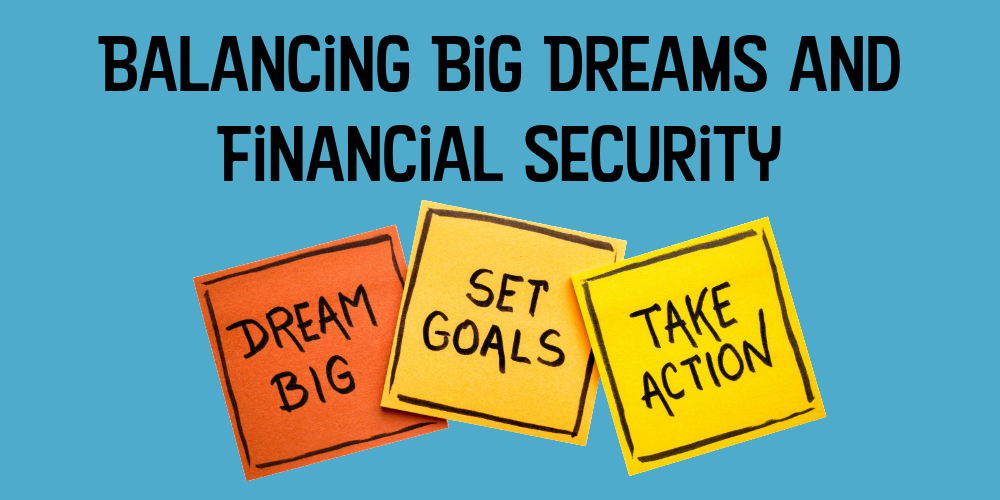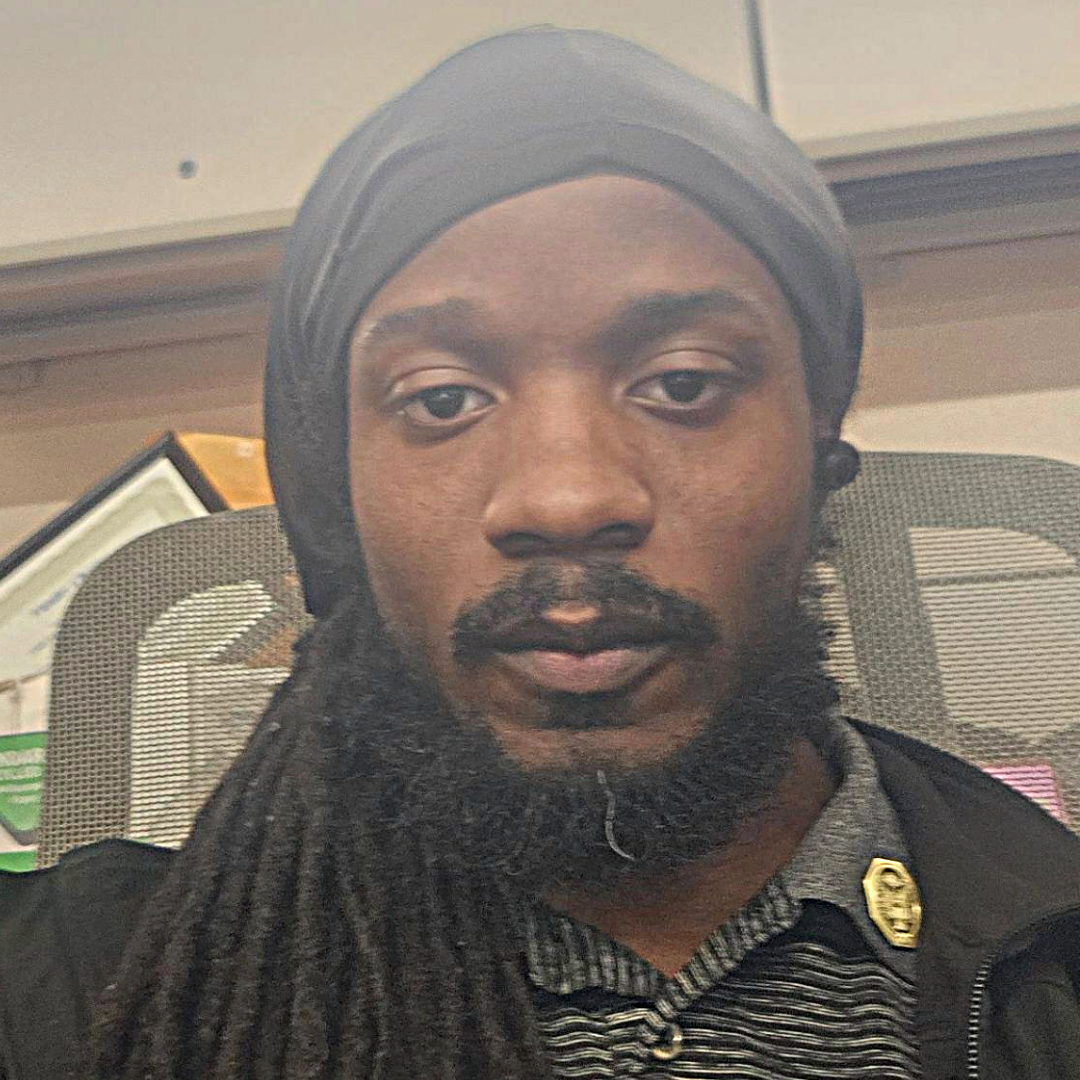
Everyone, at some point in their career, asks themselves if they should stay in their job or look for something else. I sometimes ask myself those questions. I am a young professional based in Washington, D.C. Growing up, my mom used to say, “You have a disability. You have challenges. But a job is important. There are resources for that. You can’t just shrug them off.”
As a person with cerebral palsy, some days, my joints ache more than usual. The thought of getting up and going to work is sometimes challenging. However, I know that it is important to show up, so I always get myself up and take the bus to my job at the U.S. Department of Education.

I got my current job through a program called Project SEARCH. I learned about it in high school, and my occupational therapist helped me apply for the program. Project SEARCH gave me a mixture of classroom and internship experiences. One of my internships led to my current job, which I’ve had for about 12 years—since I was 19. I have a wonderful supervisor who knows how to accommodate my disabilities and keep me challenged and learning. My supervisor believed in me when I didn’t believe in myself. My supervisor knows how to assign me work that not only helps the office, but also helps me grow as a professional. I am grateful for their patience and willingness to use my skills, while adapting to my needs and the needs of the office.
I love working at the Department of Education, but like everyone, sometimes I wonder if I should be looking for a next step. My current job as a Clerk in the Office of the Ombudsman, Office of Federal Student Aid has taught me about education policy, computer skills and how to dress and act in the workplace. I also want to explore other opportunities, including public speaking, advocacy, game testing and music.
As my mom said, there are resources available. I just learned about a valuable one called Secure Your Financial Future: A Toolkit for Individuals with Disabilities. As I consider the possibility of future jobs, I will use the financial toolkit’s changing jobs resources to ensure that I continue to have a good income and benefits. I like that the financial toolkit covers a wide variety of topics, like protecting my health care and retirement, collecting a final paycheck and coping with stress. I hope to use these resources as I make decisions about possibly changing jobs.
The CareerOneStop website also has a number of tools to assist career explorers in changing jobs, such as the Switch Careers how-to guide, the mySkills myFuture career-matching tool and a skills self-assessment. These tools will help me understand what jobs might be a good fit and could help me build a LinkedIn profile.
I have big career dreams and am thankful that Project SEARCH supported me in evolving from a student to a young professional. From here, I can use the financial toolkit and the CareerOneStop resources to help me make decisions so that I continue to grow in my current career or a future one.
Vander Cherry is a Clerk in the Office of the Ombudsman, Office of Federal Student Aid, U.S. Department of Education.

 U.S. Department of Labor Blog
U.S. Department of Labor Blog